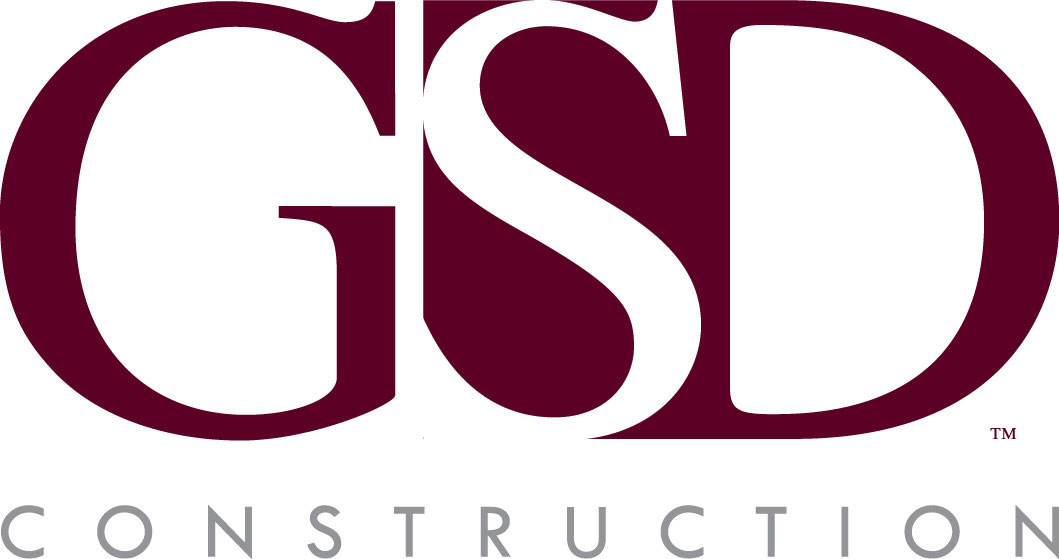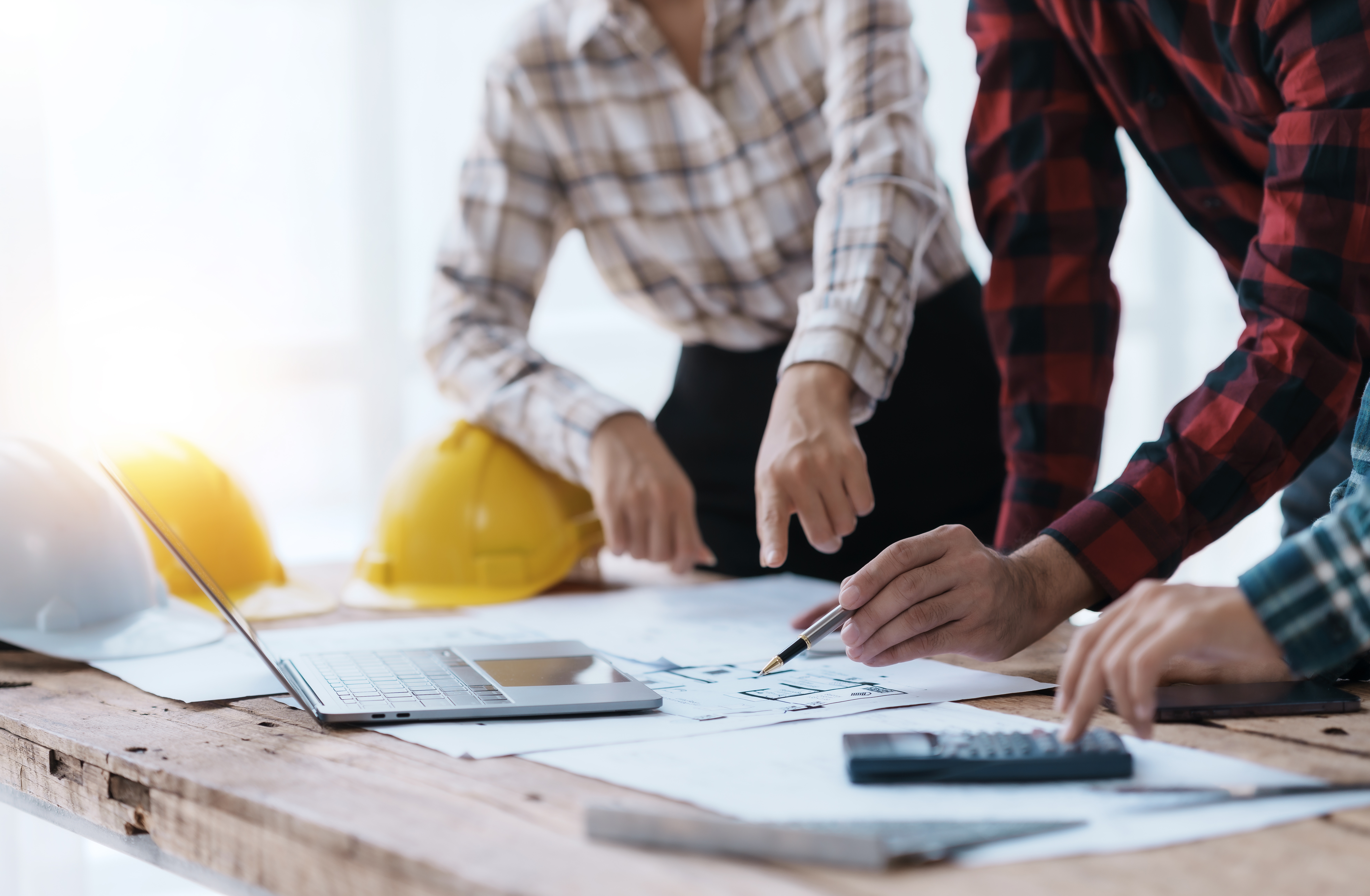Whether you’re deciding to build a new commercial building or renovate an existing one, it can be an exciting time.
The most crucial part of the construction process is the pre-construction phase, as it lays the foundation for the project’s success. During this phase, important decisions are made, obstacles are defined, and plans are prepared. Navigating the pre-construction can be challenging, so we’ve simplified it to be more manageable.
What is the Pre-Construction Process?
The pre-construction process is the preliminary process the determines the framework how the job is set up and run. During this phase, your team of professionals meets to discuss the project plan, design, and logistics.
Here are 6 phases to the pre-construction process.
Define the Scope
The first step is to determine the feasibility and scope of the project. This can include a suitability analysis and feasibility studies. A few key questions to answer are:
- What am I building? Why is it needed?
- What location is most suitable for the building I want?
- What can you afford to build?
- What are the factors that will make my project viable?
- What resources will be required to complete the project?
- What sources of financing are available to me?
Selecting the Right Team
A construction project can require a lot of different skill sets. Your general contractor will work with you to select the additional members needed, such as architects, consultants, and sub-contractors. When selecting a team, set criteria to score each potential firm and ask for project references.
Our contractor scorecard can be a great reference when selecting your team.
Budget
After determining the feasibility of the project, a budget is defined. Here, the contractor and design team work together to bring your vision to life with a realistic budget, including alternatives.
This budget will contain hard and soft costs. The hard costs relate directly to the physical construction, such as general contractor costs, subcontractor costs, and materials. Soft costs are necessary to the project but don’t relate directly to the physical building.
Details and Scheduling
Now that you have a building planned and a clear budget, the finer details can be determined. Details can include:
- Size
- Layout
- Style
- Utilities
- Materials
- Other essential details
From this, a schedule can be created. This schedule defines stages of the project with deadlines for requirements such as materials, permits, and more. Your general contractor will refer to this throughout the entire construction process to ensure the project is on schedule and take preventative action for potential risks.
Materials
Sourcing the right materials can be time-consuming, especially if there are supply chain delays. During this phase, your contractor will detail the number and types of materials needed for the project. They will also keep track of lead time lengths to keep the project on schedule and on budget.
Permits and Inspection
It’s important to know what permits are needed for the project and when to obtain them. Permit acquisition times have increased and can lead to issues and delays further down the line. Avoid disruptions with proper planning and phased permitting.
Once permits are purchased, initial inspections can start. This is to ensure all activities and plans meet code before the actual construction begins. Some of the key inspections are:
- Site investigation and soil test
- Building plan and document inspections
A successful pre-construction process helps lay the groundwork for a successful project, ensuring it is completed on time, within budget, and to the satisfaction of the client. GSD Construction works with you throughout the entire process, from inception to completion.
Stay tuned for more information as we dive further into the pre-construction processes. In the meantime, if you have questions or want more information, connect with us.

